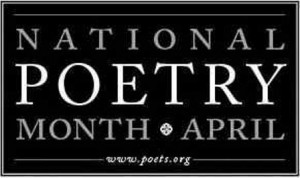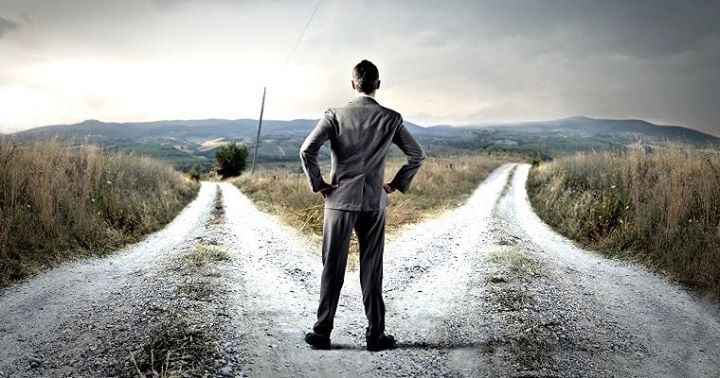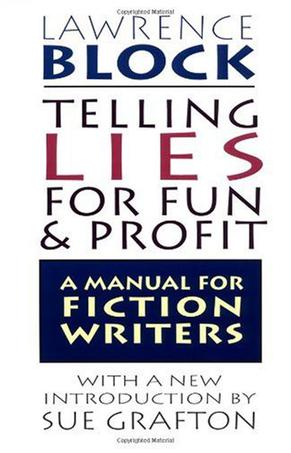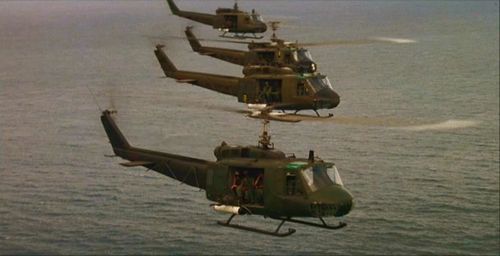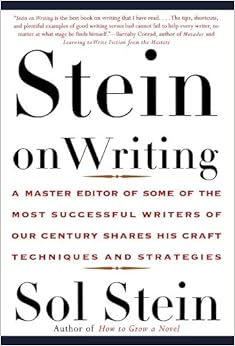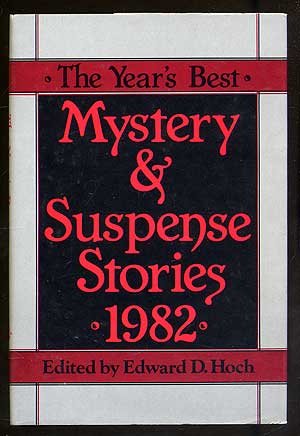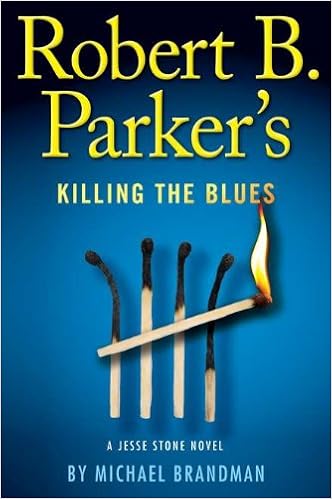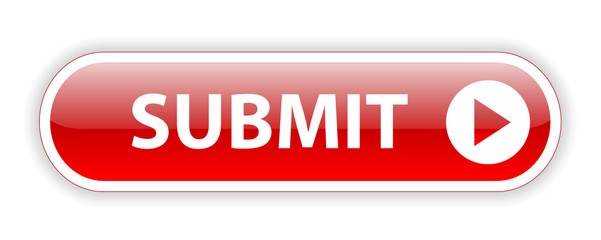by John M. Floyd
Confidence is a wonderful, magical thing, when applied to creative endeavors. It can sustain us in good times and bad, and when confidence in one's ability is justified it can spur him or her on to great accomplishments.
As for me, I'm no genius, but I try to stay positive and optimistic. I was fortunate in my career with IBM, and I think I do a passable job in my so-called career as a writer. But that doesn't mean I don't suffer lapses in confidence--especially in this crazy world of publishing.
Hills and valleys
The thing about self-doubt is that it can lead to failure, and failure leads to more doubt, which leads to more failure, and pretty soon the downward spiral is going full speed. And being told not to doubt yourself is like being told not to worry. Everyone worries.
On the other hand, a little doubt can be a good thing, and far better than blind overconfidence. The only time I remember being completely free of self-doubt was a two- or three-week period about twenty years ago, shortly after I'd first started submitting stories to magazines. Having never published anything before, I had submitted five different short stories to five different markets just to see what would happen, and--although I still have trouble believing this--four of those first five stories were accepted, and for the next few weeks I was convinced that I was sitting on a rainbow with the world on a string, like in the old song. I figured Good grief, it it's this easy to get published, I'll just sell a gazillion stories and make a gazillion dollars. That, of course, was not the case. The next thirteen stories I submitted were rejected. Thirteen in a row. That brought me back fast to terra firma, and in retrospect it was one of the best things that could've happened to me. Live and learn.
A necessary evil?
Not necessary, I suppose. But self-doubt is certainly often-present.
Here are a couple of quotes, on the subject. Charles Bukowski once said, "You are better off doing nothing than doing something badly. But the problem is that bad writers tend to have the self-confidence, while the good ones tend to have self-doubt. So the bad writers tend to go on and on writing crap and giving as many readings as possible to sparse audiences. These sparse audiences consist mostly of other bad writers waiting their turn to go on . . . When failures gather together in an attempt at self-congratulation, it only leas to a deeper and more abiding failure. The crowd is the gathering place of the weakest; true creation is a solitary act."
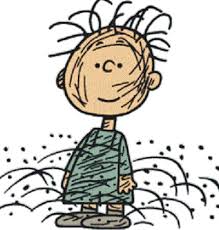 And this, from Stephen King: "Writing fiction, especially a long work of fiction, can be a difficult, lonely job; it's like crossing the Atlantic Ocean in a bathtub. There's plenty of opportunity for self-doubt."
And this, from Stephen King: "Writing fiction, especially a long work of fiction, can be a difficult, lonely job; it's like crossing the Atlantic Ocean in a bathtub. There's plenty of opportunity for self-doubt."I think that goes for a short work of fiction as well. And here's another point: some feel that self-doubt is cured when one's writing happens to win an award or some other form of public recognition. I don't agree. The times that I've been fortunate enough for that to happen, I've often found myself wondering, afterward, if it was just a fluke, sort of a cosmic burp, never to be repeated. And I've heard others say they feel the same way. Self-doubt, deserved or not, seems to follow most writers around like Pigpen's dust cloud.
So what can we do about it?
Hey, if I knew the answer to that, I would've already done it. But here's some wise advice I saw at Chuck Wendig's blog terribleminds: "The key is to let doubt be clarifying rather than muddying. It's important to know that the doubt isn't yours to carry. It's not about you. You needn't doubt your own abilities but rather some aspect of your current work that feels like it's not coming together. Here your self-doubt serves as the standard-bearer for those instincts rising up from your gutty-works. Follow your heart. Thus, self-doubt helps you improve, which in turn helps you defeat self-doubt."
Well said. But it's a hard feeling to overcome. On the lighter side of all this, I remember something else I once heard: "I tried all that 'positive thinking' stuff. I knew it wouldn't work, and sure enough, it didn't." And the sign on the library door that said, "Low Self-Esteem meeting at 6 p.m.--attendees please enter through the back."
Questions
What are your views? Do you ever find yourself doubting your ability or your effectiveness as a writer? If so, how much does it bother you? How do you deal with it? Did any accolades you've received put it to rest? Do you have any advice to offer us Pigpens?
Oh my. Something else just occurred to me.
What if nobody even bothers to read this post . . . ?


